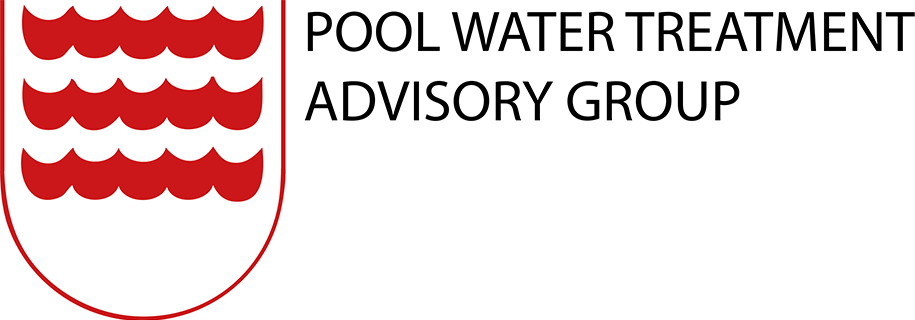Source: Baths and Wash Houses
George Cottrell, who died on Friday 26 November 2004, was a Past President of ISRM. Born in 1924 in Bootle (Lanes) and educated at the local grammar school,
George was destined for a career in the civil service. However, his education was affected by the war years and a diversion of career intention resulted in a great gain for the London, Midland and Scottish Railway.
However, even this was not without interruption; he was drafted to HM Forces and saw overseas service in Egypt with the Royal Engineers.
When demobbed, he returned to work for British Rail, but made a further change in career by entering the baths service as a clerical assistant with the Bootle Baths department.
At 34, he started studying for what was then the Graduate Examination of the National Association of Baths Superintendents (NABS) through the Oasis study course (LB Camden) and he achieved second place in the national examinations.
Promotion to administrative assistant in the Baths and Municipal Buildings Department at Birkenhead BC followed his examination success and George then enrolled on the Liverpool Study Circle, where he gained first place with honours in the final examination.
Developing his interest in education and training, he worked with others on the preparation of the first Student’s Manual and later became one of the institutes’ examiners.
His deep interest in training was a major contributing factor behind his transfer in 1974 from the position of assistant baths and indoor recreation manager with Birkenhead to training officer in the Leisure and Recreation Department at Wirral MDC.
After being elected to the Executive Committee of the Northern Branch, in the same year George organised a college based course for the examinations of the Institute and was duly appointed education officer for the branch, a post he held for the rest of his life, even during his presidential year of office in the Northern Branch from 1975 to 1976.
Further involvement in training and education schemes led to George being invited to join the institutes’ Board of Examiners and he later became a member of the National Council and, inevitably, received the ultimate accolade of nomination and election as National President.
To sum up George’s contribution to ISRM, we can do no better than to reproduce Ralph Riley’s tribute to George made in 1985, when he was presented with the FR Botham Award.
‘My early recollections of George are of a quiet, mild, unassuming individual driving an accident-prone Skoda, who wore a Chairman Mao cap and a friendly smile for all he met. The more I came into contact with him, the greater was my admiration for this gentleman – one of the hardest workers this Institute has ever seen! A scholar who has, in some way fundamentally affected the life of virtually every member. Today we honour a backroom worker, or as they say on Merseyside, ‘a grafter’.
The FR Botham award is a continuation of tradition and is given to persons whose work for the Institute goes far beyond the normal call of duty. This award is not made annually, as a matter of form, it is only make when the circumstances are right, when the honour is appropriate.
It is rare in these volatile times that we have the opportunity to look introspectively and to realise our strengths. George Cottrell is one of our strengths, one of the institutes’ greats. His work, particularly in the field of training and education, is quite exceptional almost beyond compare.
George epitomises some of the finest traditions on the Institute, those which many of us hold near and dear. Ambition for its own sake and the pursuit of power were never his goals. His interests were always people-oriented and concerned with developing the potential of others. Only through his work for us has George emerged to show others the true qualities of leadership he possesses.’
